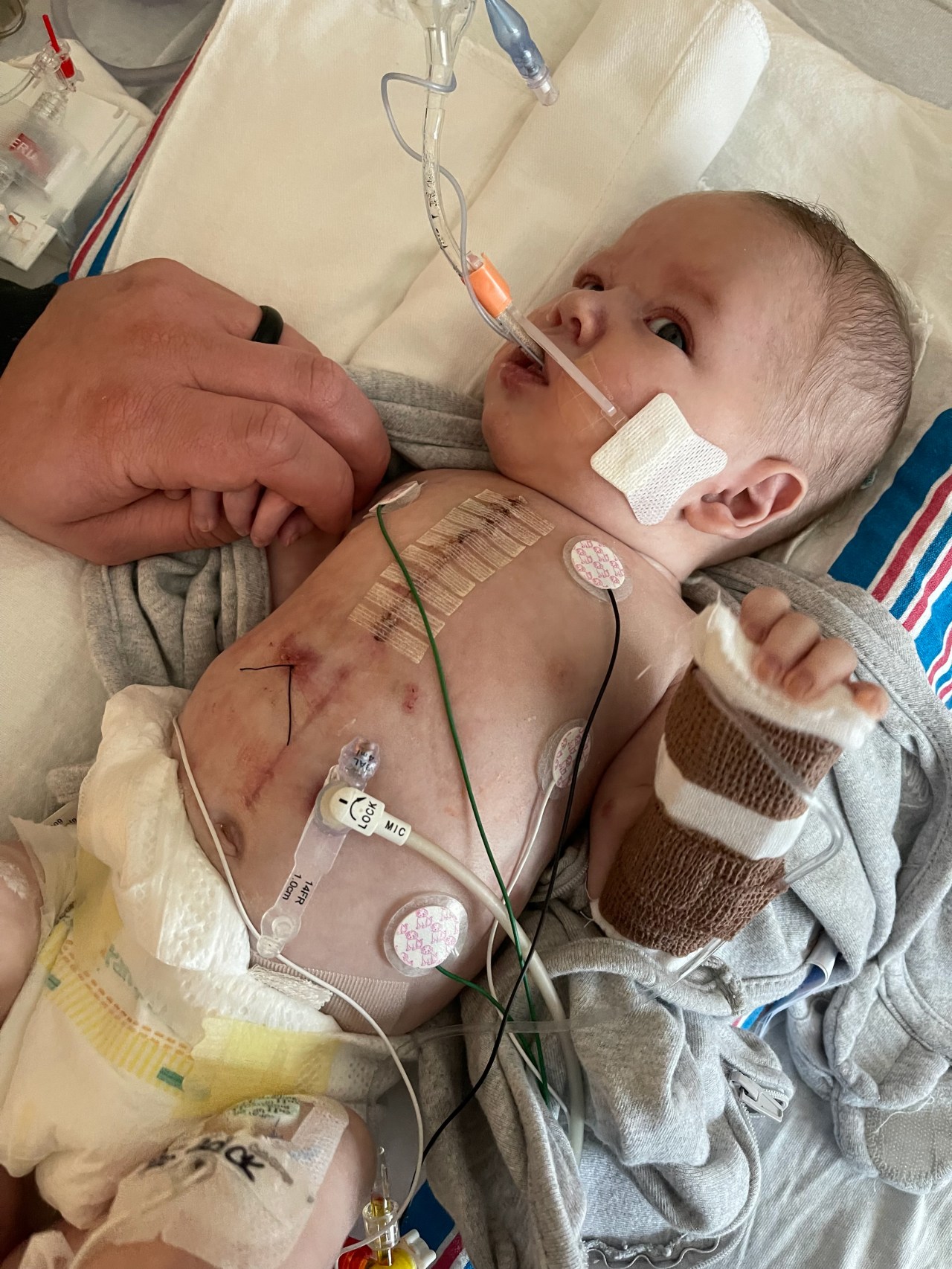COLUMBIA CITY, Ind. (WANE) — On Wednesday, the Family and Social Services Administration (FSSA) announced changes regarding Medicaid benefits.
According to the FSSA, the changes are intended to “front-load a series of sustainability strategies to mitigate the impact of the projected need for increased funding to the Medicaid program” after spending much more Medicaid funds than expected.
That became a sore point at a state Budget Committee meeting last month.
“I can’t believe I found out about that $1 billion figure two weeks ago,” said Rep. Gregory Porter, D-N.Y.
“How could such a huge mistake have been made?” asked Rep. Edward Delaney (D-Ill.).
“In fact, we’re in the process of immediately implementing some changes right now from a financial standpoint and a programmatic standpoint,” said Cora Steinmetz, Medicaid director for the Indiana Department of Family and Social Services.
One of these changes appears to be a reduction in the scope of exemptions available to elderly and disabled people.
It’s a program that helps personal caregivers provide the care that a qualified nurse would normally provide while still getting paid, offsetting the opportunity cost of not having a full-time job.
Below is an excerpt from the FSSA email detailing the changes WANE 15 got:
Elderly and Disabled Persons Exemption Strategy
Legally Responsible Individuals (LRI), Caregiver Adherence to Care, Structured Family Caregiving (Implementation Goal: 30 Days from Now):
Effective immediately, new legally responsible individuals (LRIs), including parents, legal guardians, and spouses of minor children, will no longer be able to provide care services. LRIs will also not be permitted to provide Home and Community Assisted Care (HCA) services. This will ensure compliance with the current CMS-approved A&D waivers. FSSA will work with providers and families currently using LRI-provided care to determine a plan to transition to an alternative care provider or structured family care services by July 1, 2024. FSSA will make changes to the billing process to require providers who hire LRIs for waived services to include this information on claims they submit for payment. According to an email from FSSA regarding the reductions:
The decision to end paid parental care for a disabled child is sending ripples across the state.
“I wanted to cry. My heart stopped. I was totally shocked. I was devastated,” said Melissa Wilkinson, who is currently receiving benefits from the program.
Melissa and her husband Trevor relied on the program to bring their miracle baby, Lincoln, home.
 Trevor, Melissa and Lincoln
Trevor, Melissa and Lincoln
“He was born at 26 weeks and five days,” Melissa says, “and had his first open-heart surgery just two weeks after he was born…There aren’t many surgical options for him, so our time together is not guaranteed.”
After being told by several doctors that her son would not survive, she was able to bring him home after several surgeries.
 Lincoln recovering from surgery
Lincoln recovering from surgery
“Even the doctors said he wouldn’t survive, that there was no chance,” Melissa said.
But where do you turn when you need a miracle around the clock, consistently, and at a high cost?
“A lot of his stuff would involve so much expense and red tape, I’d have to take time off work, I’d have to schedule all of his stuff in Michigan… I don’t want to waste time with him working,” Trevor said.
That’s when they discovered a program that is now in danger of being phased out, and Melissa became a caregiver under the Elderly and Disabled Waiver Program.
“It really helped me out,” Melissa said.
 Photo of Lincoln in the hospital
Photo of Lincoln in the hospital
“Without that extra help, we would have had to work really hard to afford everything,” Trevor said. “It was a huge blessing for us.”
In the program, she provides the necessary care and medication, closely monitors Lincoln’s condition and regularly drives to Michigan to receive specialized treatment.
The Wilkinsons are paid every two weeks for all their work, which allows them to cover the cost of medical care and any treatments he needs, as well as provide the individualized care that is difficult for nurses to provide, as Lincoln is non-verbal as a result of his stroke.
“Mom and Dad know best,” Melissa said.
Cuts to this program would be a devastating blow not only to the Wilkinson family, but to families across the state.
“I’m going to be more worried about paying my bills, more worried about paying for the car I bought to get to Michigan (for treatment),” Melissa said.
Since the FSSA announced the cuts on Wednesday night, thousands of people have signed a petition calling for “maintaining parental care services for disabled children”.
Additionally, a rally was held at the Indiana State Capitol on Monday in opposition to the change.

